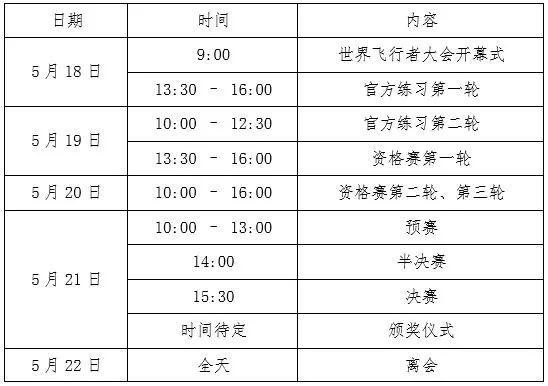Title: Understanding Competition Time Rules
Content:
In various regulatory frameworks, competition time rules are crucial for ensuring fairness and standardization across different types of contests and events. These rules typically govern the duration and structure of competitions, aiming to provide equal opportunities to all participants while maintaining the integrity of the competition itself.
General Principles
1.
Defined Duration
: Most competitions specify a fixed timeframe within which participants must complete their tasks or performances. This timeframe is determined based on the nature of the competition and the complexity of the tasks involved.
2.
Start and End Times
: Clear guidelines are established regarding when the competition officially begins and ends. This helps in avoiding ambiguity and ensures that all participants have an equal opportunity to compete within the designated period.
Examples from Various Domains
Sports
: In sporting events, competition time rules dictate the length of each match or game. For instance, football matches consist of two halves of specified durations, with added time for stoppages.
Academic
: Academic competitions may allocate specific time slots for each segment, such as rounds of questions or presentations, to maintain fairness and adherence to schedules.
Gaming
: Esports and gaming competitions often have strict timing rules to manage gameplay, including set periods for different rounds or matches.
Regulatory Compliance

Fair Play
: Competition time rules are designed to ensure fair play among participants by preventing any advantage gained through timerelated discrepancies.
Adherence to Guidelines
: Organizers and participants alike are expected to adhere strictly to these rules to uphold the integrity of the competition and avoid disputes.
Conclusion
Understanding competition time rules is essential for both organizers and participants to foster an environment of fairness and professionalism. These rules not only regulate the duration of events but also contribute significantly to the overall structure and conduct of competitions across diverse fields.
By following established time regulations, stakeholders can ensure that competitions are conducted smoothly and that outcomes are determined fairly based on participants' skills and performances within the allocated timeframe.
